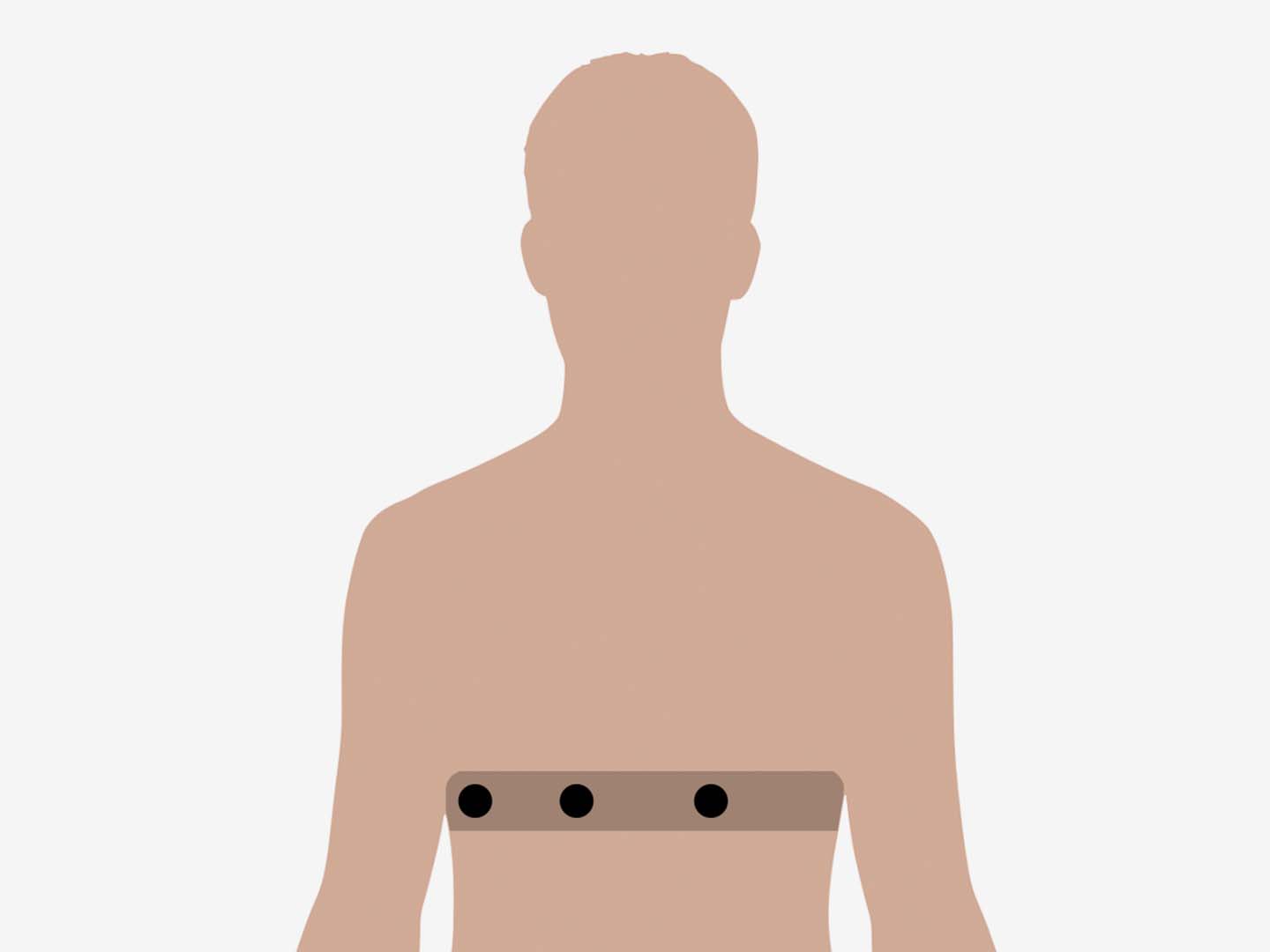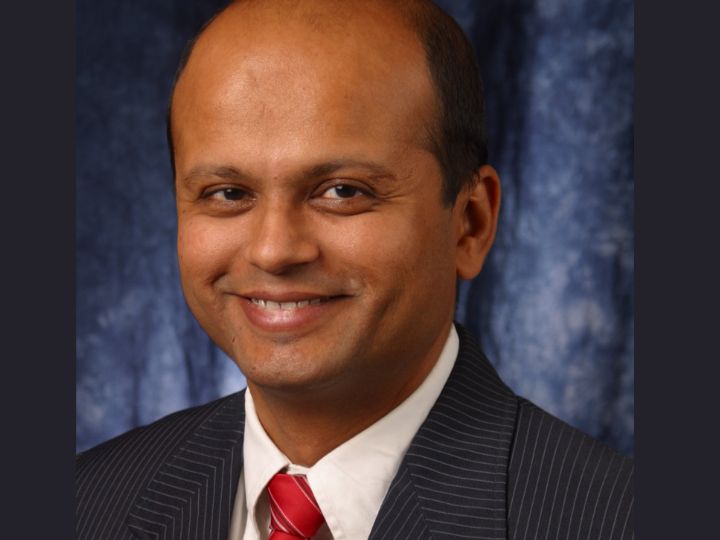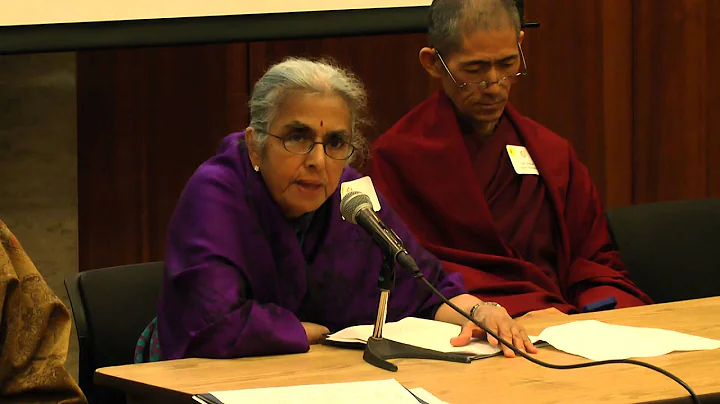Our Bureau
Houston, TX
University of Houston, associate professor of electrical and computer engineering Bhavin R. Sheth and former student Adam Jones, have introduced a groundbreaking approach to sleep stage classification that could replace the current gold standard in sleep testing, the cumbersome polysomnography, which uses a myriad of wires and is performed in a clinic.
Their new procedure, which can be performed at home by the user, uses a single-lead electrocardiography-based deep learning neural network, ensuring that there are no more wires all over your body. The new technique uses only two wires, unlike the traditional method.
“We have successfully demonstrated that our method achieves expert-level agreement with the gold-standard polysomnography without the need for expensive and cumbersome equipment and a clinician to score the test,” reports Sheth in Computers in Biology and Medicine. “This advancement challenges the traditional reliance on electroencephalography (or EEG) for reliable sleep staging and paves the way for more accessible, cost-effective sleep studies.”

This technique can enable access to high-quality sleep analysis outside clinical settings, Bhavin’s research holds the potential to expand the reach of sleep medicine significantly. Reliable classification of sleep stages is crucial in sleep medicine and neuroscience research for providing valuable insights, diagnoses and understanding of brain states.
The electrocardiography-based model was trained on 4000 recordings from subjects 5–90 years old. They showed that the model is robust and performs just as well as a clinician-scoring polysomnography.
“Our method significantly outperforms current research and commercial devices that do not use EEG and achieve gold-standard levels of agreement using only a single lead of electrocardiography data,” said Sheth, who is also a member of the UH Center for NeuroEngineering and Cognitive Systems.
“It makes less-expensive, higher-quality studies accessible to a broader community, enabling improved sleep research and more personalized, accessible sleep-related healthcare interventions.”


























